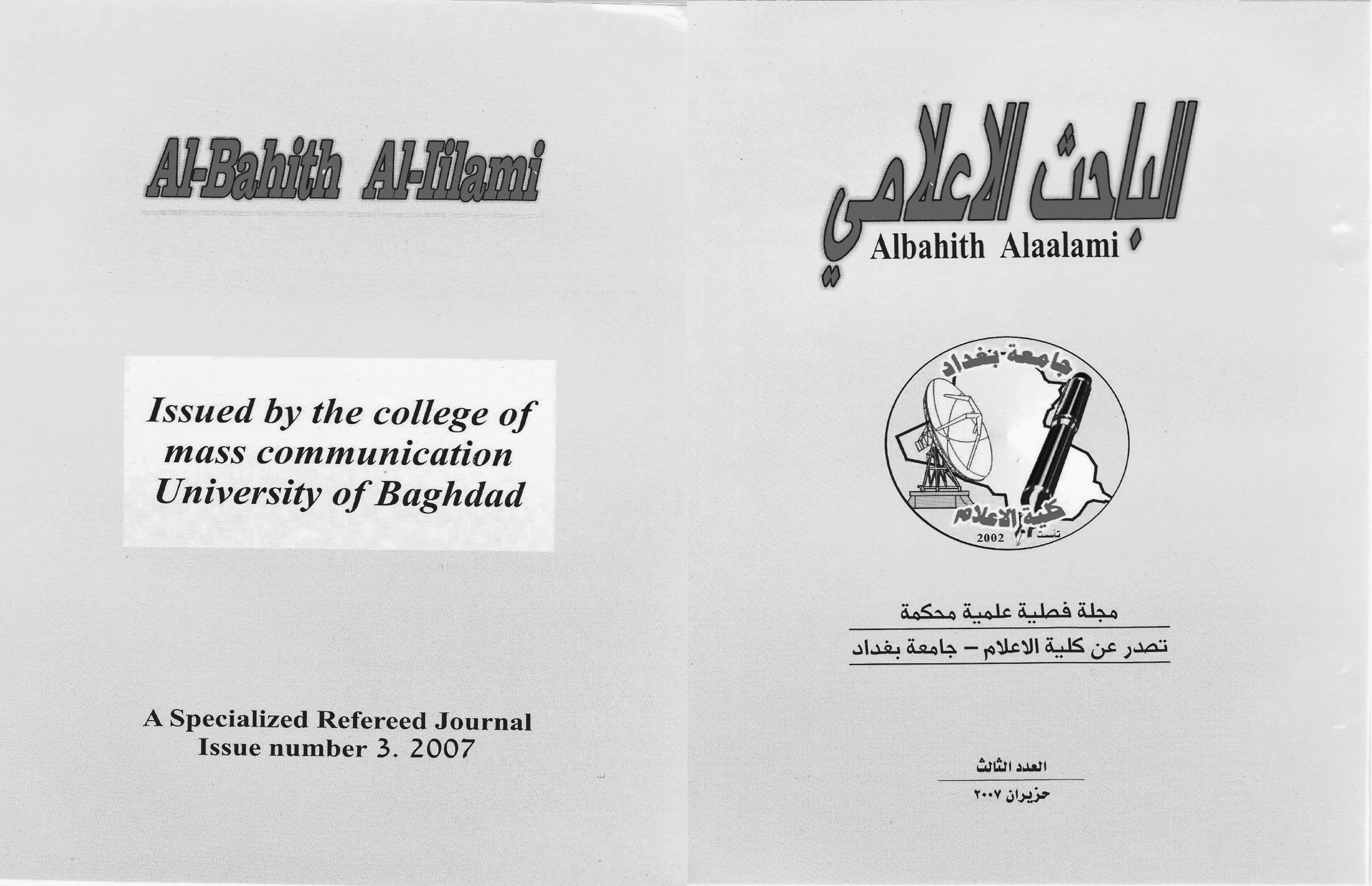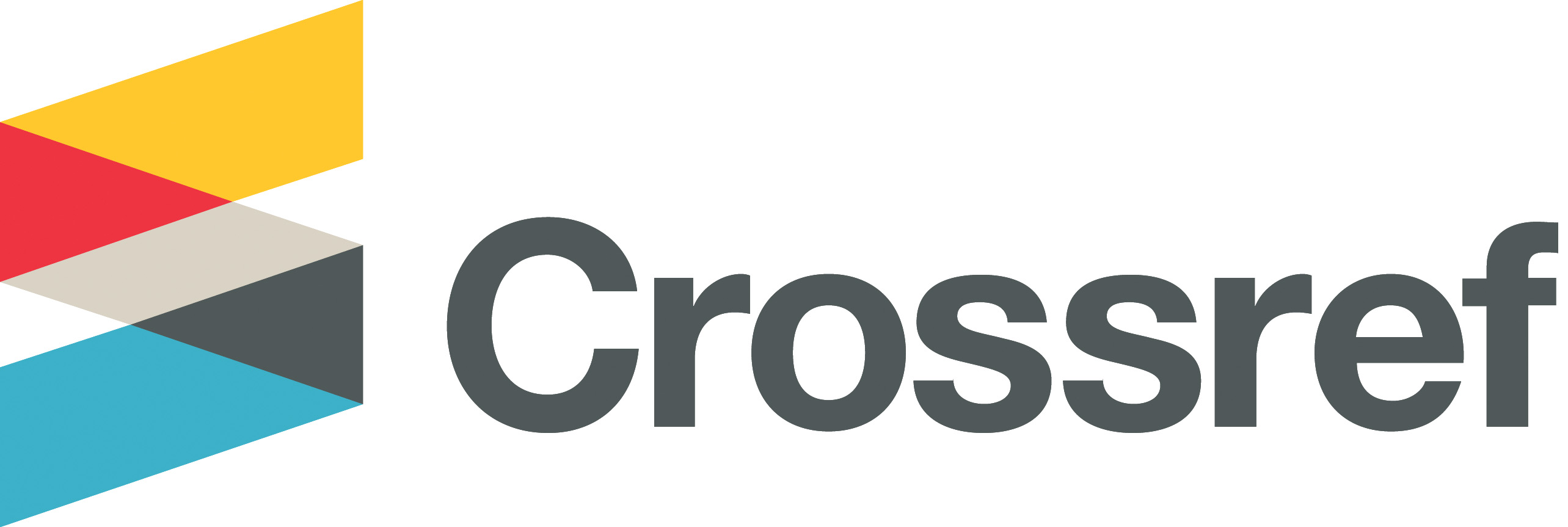KNOWLEDGE MANAGEMENT AND MEDIA MANAGEMENT
DOI:
https://doi.org/10.33282/abaa.v1i3.463Keywords:
Management, knowledge, mediaAbstract
To track scientific developments and achievements, for example, that (achieved) after the Second World War until this moment, make each of us in absolute amazement. He invented the computer, discovered the genetic factor (DNA), and discovered the drawing of the human genetic map, going up to the moon, penetrating outer space by satellites, getting close to distant planets, producing jet planes, microprocessors, and lasers, in addition to enabling a person to create a layer of The material is extremely thin and extremely imaginative. It has also become possible for a person to "dig lines that do not exceed 20 billion meters of thickness." The human being was also able to collect things an atom and build an efficient and high-precision connectors, and broad capabilities to transmit information up to a billion beats per second. In the words of Toffler, this is not progress but rather a complete reversal in human life and the cognitive structure, and in the techniques and methods of tackling problems that have remained elusive for human society.
The process of knowledge enrichment was not limited to the scientific and technical side, but other great steps were made if it addressed all fields. Starting with the theory of organization, music, and study of environmental systems, brain processes, linguistics, and learning theories, in addition to studies on imbalance and chaos. And scattered installations, ending in the fields of neural networks and artificial intelligence, and then all these branches of the mentioned knowledge turned into a base for the same knowledge revolution. It directly contributed to reaching the inventions and discoveries that made a qualitative shift in the nature of knowledge itself and in man. Cognitive structure.
Downloads
References
-1 ﺼﺎﻟﺢ ﺨﻠﻴل ﺍﺒﻭ ﺍﺼﺒﻊ: ﺍﺩﺍﺭﺓ ﺍﻟﻤﺅﺴﺴﺎﺕ ﺍﻻﻋﻼﻤﻴﺔ، ﺩﺍﺭ ﺁﺭﺍﻡ، ﻋﻤﺎﻥ، ﺍﻻﺭﺩﻥ، ١٩٩٧.
-2 ﺍﻟﻔﻥ ﺘﻭﻓﻠﺭ: ﺘﺤﻭل ﺍﻟﺴﻠﻁﺔ، ﺘﺭﺠﻤﺔ: ﻓﺘﺤﻲ ﺒﻥ ﺸﺘﻭﺍﻥ ﻭﻨﺒﻴل ﻋﺜﻤﺎﻥ، ﺍﻟﺩﺍﺭ ﺍﻟﺠﻤﺎﻫﻴﺭﻴﺔ، ﻁﺭﺍﺒﻠﺱ، ﻟﻴﺒﻴﺎ، ١٩٩٢.
-3 ﺍﻟﻔﻥ ﺘﻭﻓﻠﺭ: ﺤﻀﺎﺭﺓ ﺍﻟﻤﻭﺠﺔ ﺍﻟﺜﺎﻟﺜﺔ، ﺘﺭﺠﻤﺔ: ﻋﺼﺎﻡ ﺍﻟﺸﻴﺦ ﻗﺎﺴﻡ، ﺍﻟﺩﺍﺭ ﺍﻟﺠﻤﺎﻫﻴﺭﻴﺔ، ﻁﺭﺍﺒﻠﺱ، ﻟﻴﺒﻴﺎ، ١٩٩٠.
-4 ﻤﺤﻤﺩ ﺍﻟﺠﻭﻫﺭﻱ: ﻋﻠﻡ ﺍﻻﺠﺘﻤﺎﻉ ﻭﺩﺭﺍﺴﺔ ﺍﻻﻋﻼﻡ ﻭﺍﻻﺘﺼﺎل، ﺩﺍﺭ ﺍﻟﻤﻌﺭﻓﺔ، ١٩٩٢.
-5 ﺤﻤﻴﺩ ﺠﺎﻋﺩ ﻤﺤﺴﻥ: ﺍﻟﺘﻨﻤﻴﺔ ﻭﺍﻟﺘﺨﻁﻴﻁ ﺍﻻﻋﻼﻤﻲ ﻓﻲ ﺍﻟﻌﺭﺍﻕ، ﻭﺯﺍﺭﺓ ﺍﻻﻋﻼﻡ، ١٩٨٠.
-6 ﺍﺭﻤﺎﻨﺩﻫﺎ ﺘﺸﻭﻴل ﻭﺁﺨﺭﻭﻥ: ﻤﻥ ﺍﻷﺩﺍﺭﺓ ﺫﺍﺕ ﺍﻟﺘﻭﺠﻪ ﻟﻠﺘﺨﻁﻴﻁ، ﺍﻟﻤﺠﻠﺔ ﺍﻟﺩﻭﻟﻴﺔ ﻟﻠﻌﻠﻭﻡ ﺍﻻﺠﺘﻤﺎﻋﻴﺔ، ﺍﻟﻴﻭﻨﺴـﻜﻭ، ﻋﺩﺩ ١٧١، ﺁﻴﺎﺭ، ٢٠٠٢، ﺹ ٣٧-٥٤.
-7 ﺍﻟﻠﺠﻨﺔ ﺍﻻﻗﺘﺼﺎﺩﻴﺔ ﻟﻐﺭﺒﻲ ﺁﺴﻴﺎ، ﻤﻨﻬﺠﻴﺔ ﺇﺩﺍﺭﺓ ﺍﻟﻤﻌﺭﻓﺔ، ﻨﻴﻭﻴﻭﺭﻙ، ٢٠٠٤.
-8 ﺤﻤﻴﺩ ﺠﺎﻋﺩ ﻤﺤﺴﻥ: ﺍﻹﺩﺍﺭﺓ ﺍﻹﻋﻼﻤﻴﺔ، ﻤﺨﻁﻭﻁﺔ ﺘﺤﺕ ﺍﻟﻁﺒﻊ.
- Salih Khalil Abu-Asba`: Media Institutions Department, Dar Aram, Amman, Jordan, 1997.
- Art Töffler: The transformation of power, translation: Fathi Bintouan and Nabil Othman, The People's Republic, Tripoli, Libya, 1992.
- Art Toffer: The Third Wave Civilization, Translated by: Issam Sheikh Qassem, The People's House, Tripoli, Libya, 1990.
- Muhammad Al-Jawhari: Sociology, Media and Communication Studies, Dar Al-Maarefa, 1992.
- Hameed Ja`d Mohsen: Media Development and Planning in Iraq, Ministry of Information, 1980.
- Arandha Chowell et al.: From the Department of Planning-oriented, International Journal of Social Sciences, UNESCO, No. 171, May 2002, pp. 54-37.
- Economic Commission for Western Asia, Knowledge Management Methodology, New York, 2004.
- Hameed Ja`d Mohsen: Media Administration, handwritten.
Issue
Section
License
Copyright (c) 2007 author

This work is licensed under a Creative Commons Attribution 4.0 International License.
Authors retain copyright and grant the journal right of first publication with the work simultaneously licensed under a Creative Commons Attribution License (CC BY 4.0) that allows sharing the work with recognition of authorship and initial publication in ABBA journal.


















